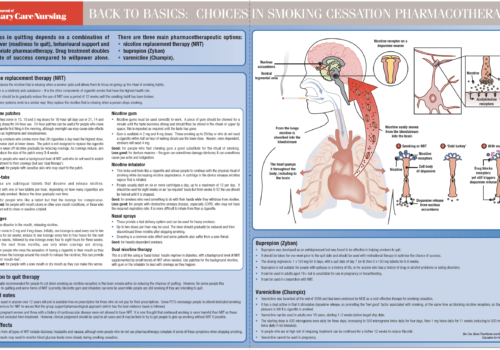Electronic cigarettes, e-cigs, vaporisers and the various other names given to these new devices have become a phenomenon. Their popularity over the past few years has grown significantly, with an expansion of highstreet e-cigarette shops, marketing via the internet and social media, as well as traditional approaches using print advertisement and mass media campaigns. Despite their increasing usage largely by smokers and ex-smokers, e-cigarettes have divided opinion as to whether they can offer real benefits or they are potentially damaging to public health. While a recent Public Health England review concluded that e-cigarettes could be prescribed to help smokers to quit, the Welsh government plans to restrict their use in the same way as for conventional cigarettes. This paper will present some of the main issues that surround e-cigarettes and highlight the potential consequences good and bad that this new technology may bring.
























